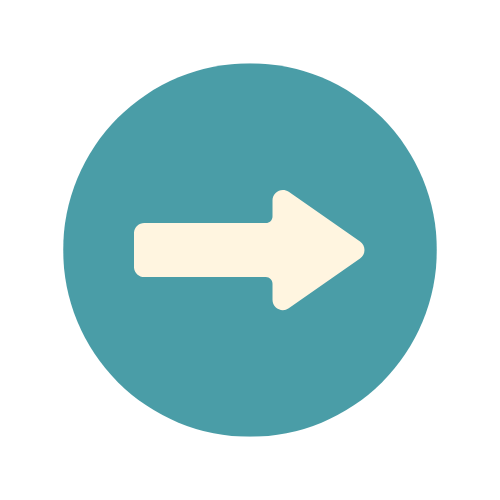How to Apply to College
College applications can feel overwhelming—especially when every school has its own deadlines, platforms, and requirements. But with the right tools and support, the process gets a lot easier.
This page features go-to resources from the Onward Scholars Program to help you apply with clarity and confidence—from understanding how colleges review your application, to crafting a standout activities list, to staying on track each year of high school.
Colleges Review Applications
Every college has its own way of reviewing applications, but many use a holistic review process. That means they’re not just looking at your GPA or test scores. They want to understand the full picture: your leadership, your story, your growth.
This visual shows how colleges use holistic review to evaluate your academics, activities, and personal story.
Building a Strong Activities List
Show colleges how you’ve grown—not just what you’ve joined.
Admissions officers want to see more than grades—they want to see who you are beyond the classroom. But a strong activities list isn’t about cramming in every club. It’s about showing colleges how you’ve grown, contributed, and followed your interests.
Whether it’s sports, family responsibilities, part-time jobs, creative projects, or leadership roles, your experiences tell a story.
Created by the Onward Scholars Program, this worksheet helps you document your most meaningful leadership roles and enrichment experiences—from awards to community service, extracurriculars to internships, and more.
TIP! Don’t wait until senior year! Use this early to track what matters most as you grow.
What’s inside
A template to document meaningful experiences
Works for both the UC and Common App platforms
Who It’s For
Best for: 10th–12th graders actively applying
Helpful for: 9th–11th graders planning ahead
Building Your First Resume
Some colleges and programs allow or require a resume—a one-page summary of your experience, activities, and skills. Even if it’s optional, it can help you stand out by clearly showing how you've spent your time, inside and outside of school.
TIP! Some programs and internships may request a resume even if colleges don’t. It’s a great way to stay ready and feel confident when opportunities arise.
What’s inside
Fillable resume template with tips and prompts
Sections for academics, leadership, extracurriculars, work experience, and more
Easy to customize and update over time
Who It’s For
Best for: 11th–12th graders applying for college or enrichment programs
Helpful for: 9th–10th graders building their experience early
Checklist: What to Do Each Year of High School
Not sure when to start college prep? Start here.
Applying to college isn’t just a senior year task. At Onward Scholars Program, we encourage students to use this checklist template by grade level (9th–12th) to help you start early, stay on track, and feel confident every step of the way.
From researching colleges to registering for the SAT, this planning tool breaks down key priorities for each grade (9th–12th), so you can get organized and avoid last-minute stress.
TIP! Don’t wait! Starting in 9th or 10th grade gives you more time to explore, grow, and shine on your applications.
What’s inside
Build your academic foundation
Track important college application deadlines
Take advantage of enrichment opportunities
Plan your SAT/ACT testing, essays, and recommendation requests
Who It’s For
Best for: 10th–12th graders preparing to apply
Helpful for: 9th–11th graders who want to plan ahead
How to Get Strong
Letters of Recommendation
Give colleges more than grades—give them someone who believes in you.
Not all colleges require letters of recommendation, but when they do, it’s a powerful way to show who you are beyond your GPA or test scores.
This guide from the Onward Scholars Program shows you how to request powerful, personal letters—from choosing the right teachers to asking professionally.
We’ve also included a sample brag sheet—a short summary of your achievements, goals, and values that helps your recommender write a stronger, more specific letter.
TIP! You don’t need to be applying to colleges yet to start getting strong recs.
What’s Inside
Who to ask and how to choose
When and how to make your request
What to include in your brag sheet or resume
Email templates and etiquette tips
Who It’s For
Best for: 11th–12th graders applying soon
Helpful for: 9th–10th graders building relationships now
Next Up: Scholarships & Financial Aid
After you apply, the next step is figuring out how to pay for college. Explore scholarships, grants, and financial aid resources to help cover the cost.








